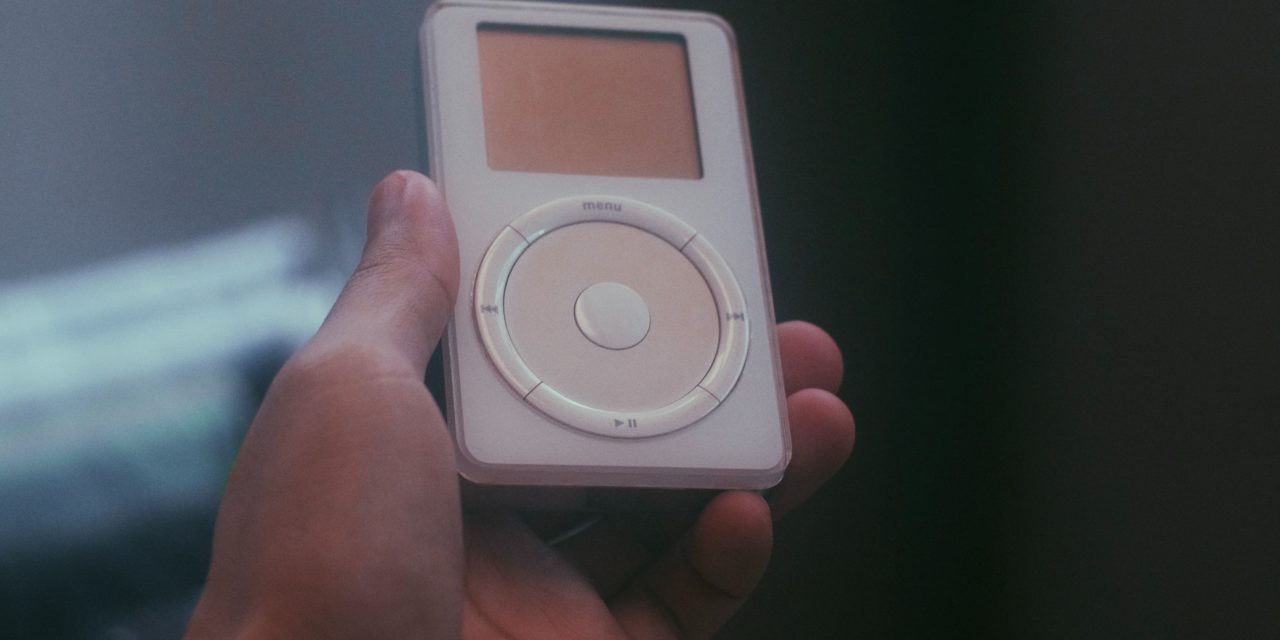Apple announced that it would discontinue the iPod music player after 21 years.
This news brings an end to one of the many revolutionary ways how people listen to music.
The first time it was launched in 2001, it could store around a thousand songs. Now, music lovers can listen to over 90 million tracks through Apple’s streaming service. The same team that brought iPhone to the world designed it. Unfortunately, the last time Apple updated the innovative music player was in 2019.
Plenty of iPod models, such as the Shuffle and the Nano, were developed over the years. The iPod Touch was released in 2007, and it was the last model that was dropped. However, people can still purchase the music player “while stocks last.”
The gadget undoubtedly opened many doors to how we discover, listen to, and share music. Not only was it innovative, but it was also efficient.
In 2001, Apple boss Steve Jobs introduced the music player in an hour-long presentation. The headline for the gadget goes, “1,000 songs in your pocket.”
Oprah Winfrey, John Mayer, and plenty of celebrities and musicians celebrated the iPod. BMW even introduced a car entertainment system that integrates the iPod. A few years later, other car companies also added a system that allowed drivers to play their iPods.
The iPod paved the way for the iPhone and would replace it. However, the iPhone would not be what it is if not for the iPod. Unfortunately, sometime after Apple launched the iPhone in 2010, iPod sales declined. This trend illustrated how Apple was not concerned and was willing to sacrifice products.
The impact of the iPod on music
While Apple’s music player was not the only music player at the time, it was one of many that pushed music from physical CDs and cassettes to digital. Aside from that, the iPod was one of many that swerved digital music away from illegal file-sharing.
It also came at a time when the music industry was fighting back against digital file-sharing. Music was distributed faster than record labels could impose legalities.
iTunes and iPod provided music companies a way to distribute and sell their digital music through legitimate means. Coincidentally, it revived Apple’s fortune as it struggled in a market controlled mainly by Windows PC.
The iPod was a portable media player that allowed the user to store data. So, aside from music, anyone can transfer their photos, videos, games, contact information, and more.














